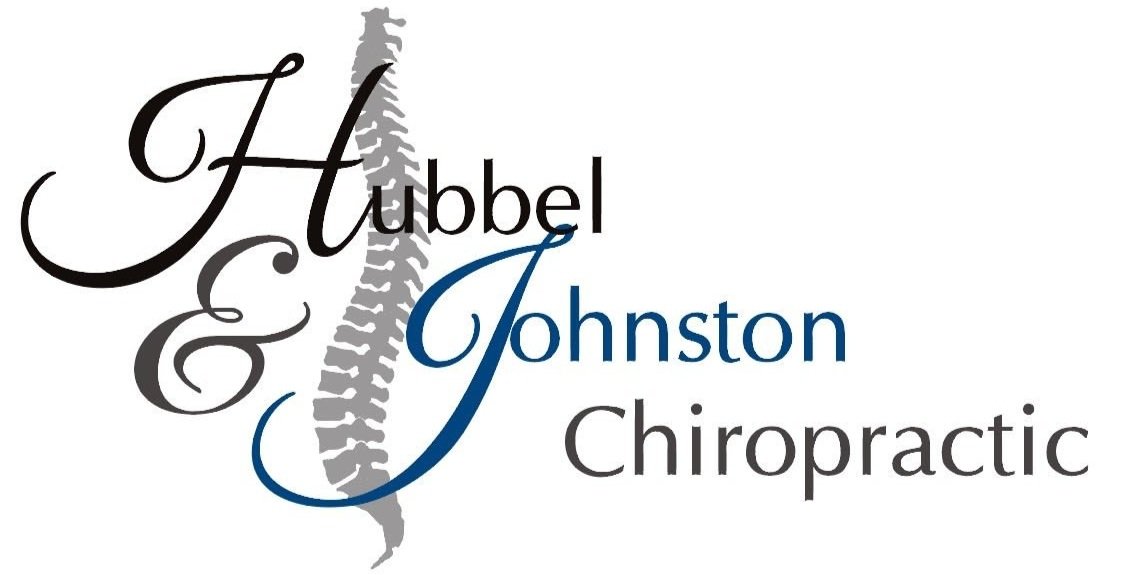June 2023 - Muscle Mass
For many years, health care professionals, nutrition experts and the media told us that losing fat was the key to a long and healthy life. The focus on a lower body mass index (BMI) has led many people into years of calorie restriction and low fat diets in attempts to lose body fat. Many of those people have struggled with the “same 20 lbs” for many years, but in their attempts to lose fat, have actually damaged the way in which their body processes food into energy (metabolism), how it builds muscle and stores fat. If you are in this camp, it's not too late!
Recent research has shown that higher muscle mass, not lower body mass or fat, is the key indicator for longevity. In fact, higher muscle mass not only predicts longevity, but actually substantially improves your body’s ability to recover from injury or illness. This is because muscle is not only the organ in your body that makes you look good in a bikini, or helps you lift weights at the gym or your grandchildren at home.
Muscle is the organ where the molecules from your food are turned into energy, or stored as fat, and is where protein building blocks are stored for emergencies, and actually work as a tissue that releases hormonal signals to your body for how food energy is used, how your immune system functions, and how your bones and brain grow. When we do not exercise, and try to lose weight through calorie restriction or fasting (starvation), our bodies think that we are in a state of panic, and our bodies will start to deposit fat tissue into the muscle. This is called sarcopenia, and it is a key indicator of fragility in aging. Needless to say, at any age, more muscular people fare much better.
So how do we build more muscle? Two key factors: Resistance exercise and dietary protein.
Resistance Exercise - At least 3 days per week of exercise in which you are moving your muscles against external resistance. This resistance could be against gravity, weights or resistance bands. Exercising bigger muscle groups, like your legs, can be really beneficial as these are “big bang for your buck” muscles. You may feel some soreness after you exercise, but this is normal. This means that you are growing your muscles!
If you are interested in exercises but are not sure where to start, ask us for our “beginners resistance exercise” sheet at the front desk and ask our staff, if you have any questions.
Dietary Protein - We are not expecting you to crack raw eggs into a smoothie in the morning like a juicehead. The general rule for protein is to have 0.8g of protein to 1kg of body weight (0.5g to 1 lb of body weight). This means that if you weigh 150 lbs, you should be eating at least 75g of protein. Some experts in this area actually suggest eating 30-50g of protein in your first and last meal of the day. It is best to eat throughout the day and eat 3 meals to get all of your protein and nutrients.
Be cautious of the protein you pick, as not all protein is created equal. “High quality” protein is considered to be an animal based protein (chicken, fish, eggs, dairy), as the molecules that make up these proteins are the best for building muscle. “Lower quality” protein comes from plant sources, as they do not include all of the important muscle building molecules that we need. If you don’t eat animal products, eating more protein (about 25% more) and diverse foods is very important.
We share information like this because we want our patients to live long, healthy, happy lives. As research finds better ways to live and age, it is important to share this information as it is not always easily accessible.
